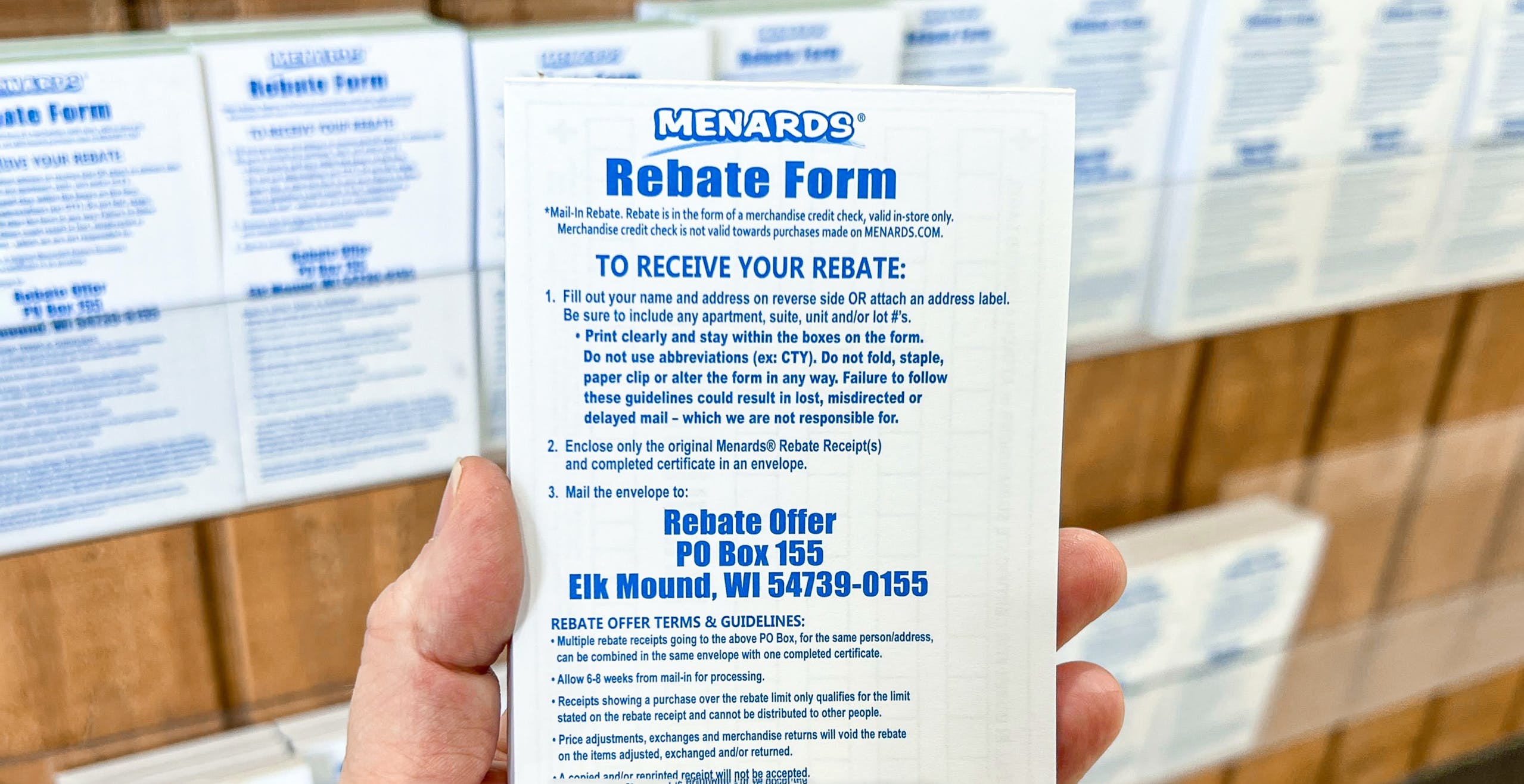Are you puzzled by your feline friend’s watery eyes? It’s a common concern among cat owners and one that shouldn’t be ignored.
If you’ve ever wondered why my cat’s eyes are watering? You’re not alone. In this article, we will explore the various causes of excessive tear production in cats and discuss effective treatments to alleviate this issue.
From allergies to infections, several factors could be behind those teary eyes. So, grab a cup of tea and get ready to dive into the fascinating world of feline ocular health.
Table of contents
Why are My Cat’s Eyes Watering?
Watery eyes, also known as epiphora, are a common problem in cats. Various factors, including allergies, infections, and blockages in the tear ducts, can cause it.
In most cases, watery eyes are not a serious problem and can be easily treated. However, it is important to see a veterinarian if your cat’s eyes are severely watery or if other symptoms, such as redness, swelling, or discharge, accompany them.
Read also: Why is My Throat So Dry? Reasons and How to Treat It
Causes of Watery Eyes in Cats
The most common causes of watery eyes in cats include:
- Allergies: Cats can be allergic to various things, including pollen, dust, mold, and certain foods. Allergies can cause various symptoms, including watery eyes, sneezing, and itching.
- Infections: Bacterial, viral, and fungal infections can all cause watery eyes in cats. Various things, including contact with other infected animals, viruses, and bacteria in the environment, can cause infections.
- Blockages in the tear ducts: Tear ducts are responsible for draining tears away from the eyes. If a tear duct is blocked, tears can back up and cause the eyes to water. Various things, including debris, infections, and tumors, can cause blockages.
- Other causes: Other causes of watery eyes in cats include dry eye, glaucoma, and trauma to the eye.
Read ALSO: Why Should Phones Be Allowed in Classrooms?
What are the Symptoms of Watery Eyes in Cats?
The main symptom of watery eyes in cats is, of course, excessive tears. Other symptoms may include:
- Redness
- Swelling
- Discharge
- Squinting
- Pawing at the eyes
- Head shaking
Treatment for Watery Eyes in Cats
The treatment for watery eyes in cats will depend on the underlying cause. For example, if allergies cause your cat’s watery eyes, your veterinarian may prescribe antihistamines or other allergy medications.
If an infection causes your cat’s watery eyes, your veterinarian may prescribe antibiotics, antiviral medications, or antifungal medications.
If your cat’s watery eyes are caused by a blockage in the tear duct, your veterinarian may need to flush the tear duct or perform surgery to correct the blockage.
Read ALSO: Why Does Stretching Feel Good? Major Causes
How to Prevent Watery Eyes in Cats
There are a few things you can do to help prevent watery eyes in your cat:
- Keep your cat’s environment clean and free of allergens. This includes regularly vacuuming, dusting your home, and keeping your cat’s litter box clean.
- Avoid feeding your cat any foods that they are allergic to. If you are unsure whether or not your cat is allergic to a particular food, you can talk to your veterinarian about conducting an allergy test.
- Take your cat to the veterinarian for regular checkups. This will help to ensure that any underlying medical problems that could be causing your cat’s watery eyes are diagnosed and treated early on.
If you have any concerns about your cat’s watery eyes, be sure to talk to your veterinarian. They can help you determine the problem’s underlying cause and recommend the best course of treatment.
FAQs on Why are My Cat’s Eyes Watering
No, human eye drops can harm your cat’s eyes. Always use medication prescribed by a veterinarian.
Use a soft, damp cloth and gently remove any discharge. Be cautious and avoid harsh cleaning agents.
Some breeds, like Persians, are more prone to tear duct issues. Regular check-ups can help prevent problems.
A balanced diet with essential nutrients can promote overall health, including eye health.
Consult your vet for further evaluation and potential surgical solutions.
While some home remedies may help, always consult your vet for the best course of action.
Conclusion
Understanding “Why are My Cat’s Eyes Watering? Causes and Treatments” is essential for any cat owner. By recognizing the causes, seeking timely treatment, and taking preventive measures, you can ensure your feline companion enjoys good eye health. If you notice persistent watery eyes, consult your veterinarian for personalized guidance.






